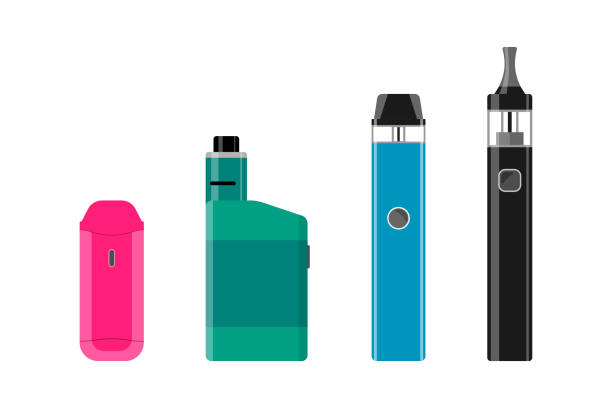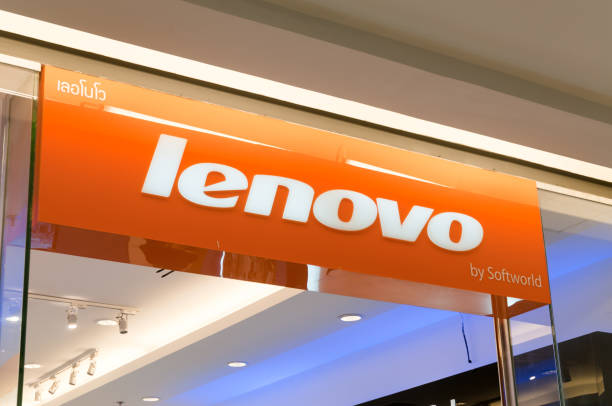Preserving Possibilities: Exploring the Benefits and Considerations of Egg Freezing

In the dynamic landscape of reproductive choices, egg freezing has emerged as a transformative technology, providing individuals with the power to preserve their fertility and make informed decisions about family planning. This article delves into the intricacies of egg freezing, examining the scientific process, motivations behind choosing this option, and the ethical considerations that come with embracing this empowering reproductive technology.
Understanding Egg Freezing:
Egg freezing, scientifically known as oocyte cryopreservation, involves harvesting a woman’s eggs, freezing them, and storing them for future use. The procedure typically begins with ovarian stimulation, where fertility medications are administered to encourage the ovaries to produce multiple eggs. Once the eggs reach maturity, they are retrieved through a minimally invasive procedure and undergo vitrification, a rapid freezing technique that prevents the formation of ice crystals, ensuring the eggs’ viability during storage.
Motivations Behind Egg Freezing:
- Career Advancement:
The pursuit of career goals often leads individuals to choose egg freezing, allowing them to focus on professional development without compromising their fertility. This option provides the flexibility to delay family planning until the time is right. - Medical Considerations:
Individuals facing medical treatments, such as chemotherapy or radiation, that may impact fertility may opt for egg freezing to preserve their reproductive options. This is especially relevant for those with medical conditions that pose a threat to fertility. - Family Planning on Personal Terms:
Egg freezing empowers individuals to take control of their family planning timelines, allowing them to align parenthood with personal readiness, the search for the right life partner, or other life circumstances.
Navigating the Egg Freezing Process:
- Ovarian Stimulation:
Fertility medications stimulate the ovaries to produce multiple eggs, preparing them for retrieval. - Egg Retrieval:
Mature eggs are retrieved through a brief surgical procedure, typically performed under sedation. - Vitrification and Storage:
The harvested eggs undergo vitrification, a flash-freezing process, and are stored in specialized cryopreservation facilities until the individual is ready to use them. - Thawing and Fertilization:
When the individual decides to conceive, the frozen eggs are thawed, fertilized with sperm through in vitro fertilization (IVF), and the resulting embryos are transferred to the uterus.
Ethical Considerations:
- Informed Consent:
Ethical practices in egg freezing emphasize the importance of informed consent, ensuring individuals fully understand the procedure, potential risks, and success rates before making this significant decision. - Societal and Ethical Discussions:
Egg freezing prompts societal discussions about the implications of postponing parenthood, societal expectations, and the evolving definition of traditional family planning. These ongoing conversations highlight the need for a nuanced approach to ethical considerations.
Conclusion:
Egg freezing stands as a beacon of empowerment in the realm of reproductive choices, offering individuals the ability to navigate family planning on their own terms. As technology advances and societal perspectives continue to evolve, egg freezing serves as a powerful tool, providing flexibility, hope, and the preservation of possibilities for those embarking on the journey of parenthood. By embracing this transformative technology, individuals can confidently shape their reproductive futures, redefining the narrative of family planning in the modern era.































































































































































































































